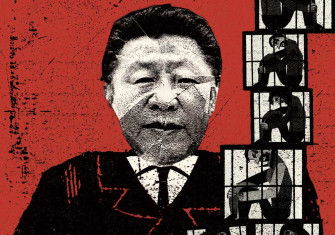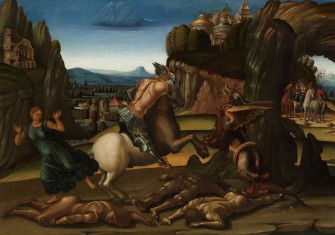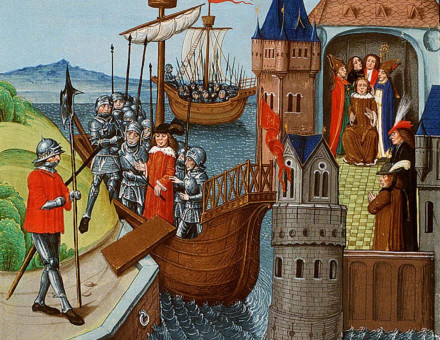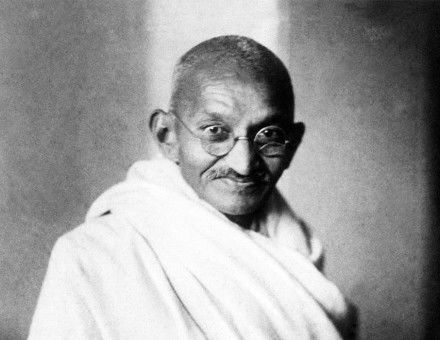Distortions and Omissions
Chinese history is dominated by a nationalist interpretation that owes much to British ideas of the 19th and early 20th centuries.
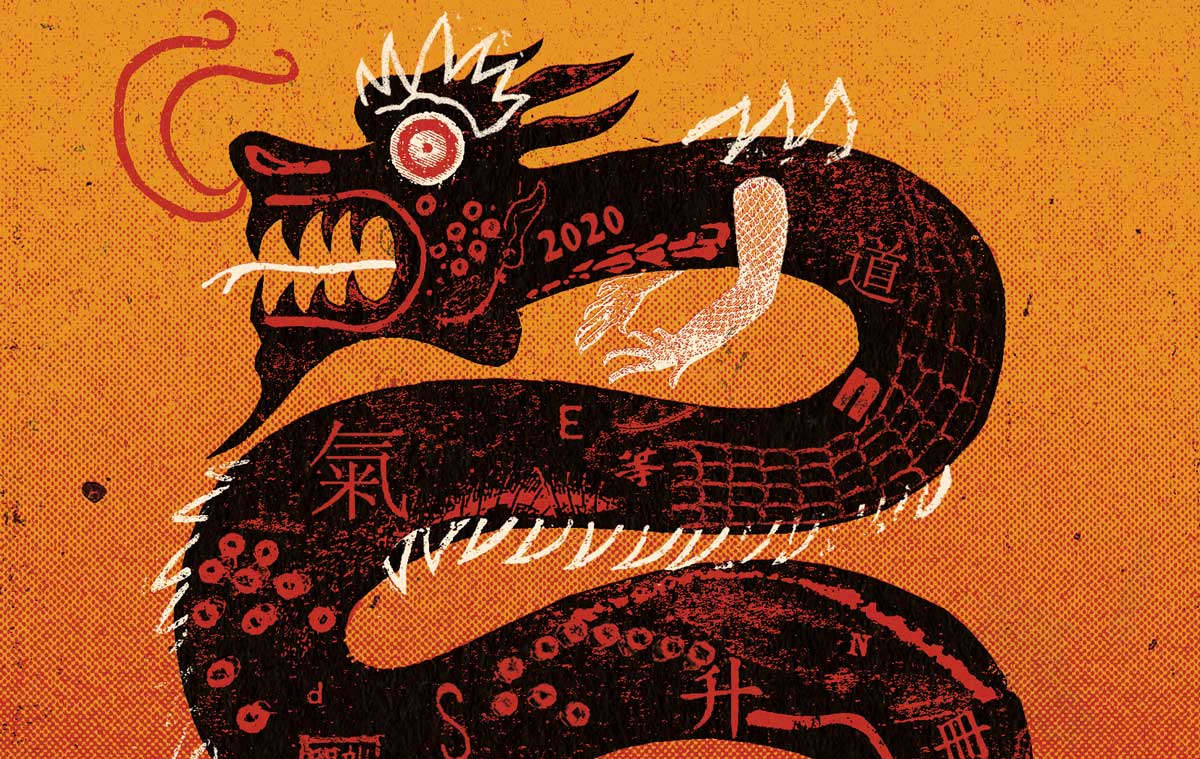
‘A unique, comprehensive account of people beheading one another’ was Liang Qichao’s pithy dismissal of Chinese history writing before 1900. It was only useful to instruct an emperor or a minister, he complained, and had no relevance to the people. Instead, Liang demanded a new way of writing history, one that would give life to a new Chinese nation.
As the most influential Chinese journalist and reformer of his era, Liang’s essay, published in 1902 in the newspaper he edited, put a metaphorical bomb under the old historiography. But it is remarkable that, over a century later, the ‘New History’ that he called for remains the framework through which most people understand Chinese history. At the time he was writing, the territory that we now call China was under the rule of a decaying empire. Liang wanted to replace it with a modern nation state. First, however, he had to define the nation that should inhabit the state.




